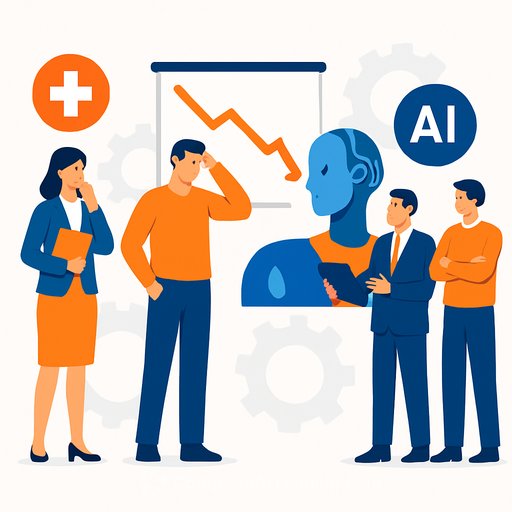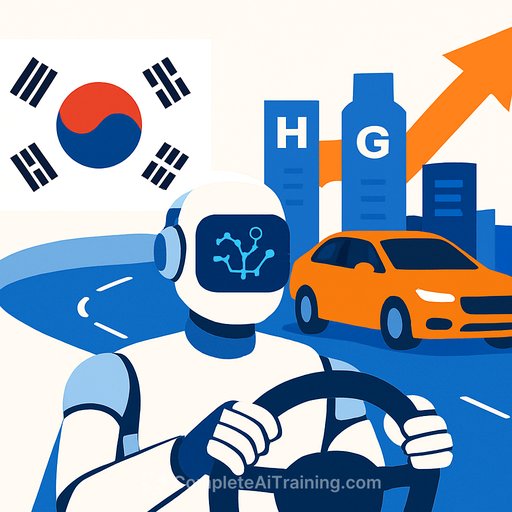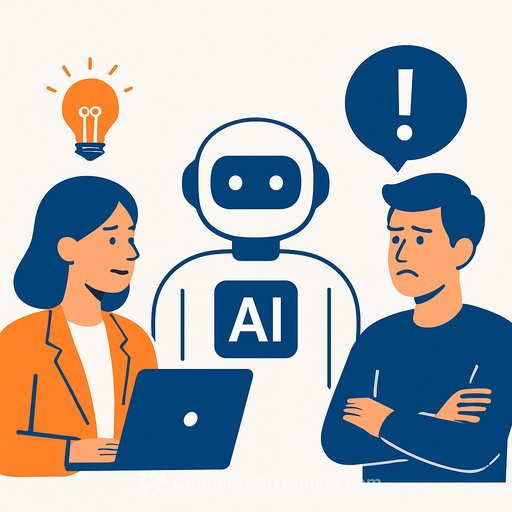Only 4% of Swiss Companies Are Ready for AI-Driven Change
A recent global study by the Adecco Group reveals a significant gap between the ambitions of management regarding artificial intelligence (AI) and the readiness of HR strategies to support this transformation. Despite widespread recognition of AI’s impact, most companies lack clear plans to manage the change effectively.
Current State of AI Readiness in Swiss Companies
The Adecco Group’s Business Leaders Report "Leading in the Age of AI: Expectations versus Reality" surveyed 2,000 C-level executives across 13 countries and 17 industries, including 100 from Switzerland. Digital transformation and generative AI were identified as key technological trends up to 2030. However, many organizations do not have structured approaches to help their workforce adapt, leaving employees to figure out AI tools on their own.
Key findings include:
- 61% of Swiss managers expect employees to self-train on AI usage.
- 36% of Swiss companies have no formal guidelines for AI use in the workplace.
- Only one-third of managers worldwide have developed AI skills in the past year.
- 38% of Swiss management teams report difficulties in reaching timely decisions on AI strategies.
- Confidence in AI strategies has dropped globally by 11 percentage points to 58% since 2024.
- Just 37% of Swiss companies invest in data analysis to identify and close skill gaps.
These gaps are critical, especially given that the lack of technology and digital skills is expected to be the biggest barrier to digital transformation in 2025.
Why HR Strategy Needs to Catch Up
Investments in AI technology alone are not enough. Companies must develop clear HR strategies that focus on employee development and engagement. Leaving responsibility solely to employees to acquire AI skills risks slowing progress and undermining potential benefits.
Managers need to lead by example, actively developing their own AI competencies to foster a culture of learning and adaptability. Forward-thinking organizations combine technology adoption with targeted skills development and continuous support.
What Future-Ready Companies Are Doing Differently
A small group of companies—about 10% globally and only 4% in Switzerland—are successfully managing AI-driven change. These future-ready organizations share four key characteristics:
- A structured and measurable approach to AI implementation.
- Focus on adaptability and career mobility.
- Continuous skills development for employees.
- Preparation of leadership for ongoing change.
These companies come from various sectors, with a strong presence in aerospace, defense, and technology. Their approach is people-centered and technology-driven, enabling them to stay ahead in a fast-changing environment.
Practical Steps for Executives
Executives aiming to close the AI readiness gap should consider:
- Developing clear AI usage guidelines and policies to provide employees with direction.
- Investing in data analysis to identify skill gaps and track progress.
- Encouraging managers to acquire AI skills and model continuous learning.
- Creating structured training programs focused on AI and digital skills development.
- Fostering a culture that supports adaptability and career mobility.
For executives looking to enhance AI skills within their teams, comprehensive resources and training programs are available. Explore tailored courses on Complete AI Training to build practical competencies aligned with your business needs.
Preparing your organization for AI-driven change is no longer optional. It requires deliberate strategy, investment in people, and strong leadership commitment to navigate what lies ahead.
Your membership also unlocks:






